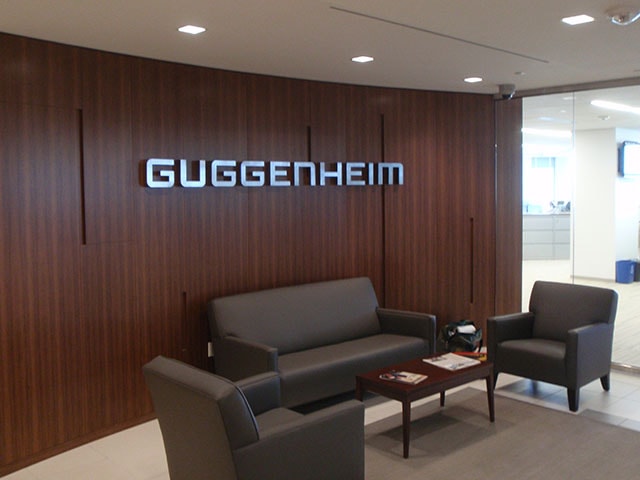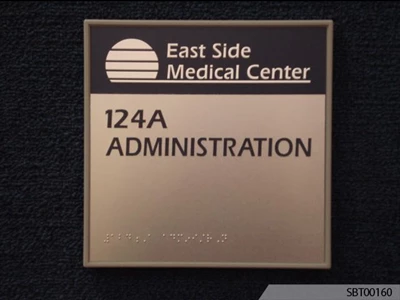
Indoor signs
5/16/2023

Is your business’ ADA signage up to date and compliant? What are the ADA sign requirements? The ADA assures that everyone has equal access to the same jobs, the same products and the same services.
Failure to meet these requirements can result in fines, penalties and lawsuits. Fortunately, there are some basic guidelines you can follow that help you design signage that's ADA compliant.
There are a couple of misconceptions about ADA signage guidelines. There's a common belief that all building signs must adhere to ADA requirements. This is simply not the case. The following signs are exempt:
Additionally, many people believe that an ADA sign only refers to Braille signage. While Braille signs fall under that umbrella, they aren't the only signs that must meet the requirements.
The intent of the ADA is to ensure signage is not only easy for disabled people to see and touch but also to determine the function of a room in a public space. For instance, if you have bathrooms that are wheelchair accessible, you must put up a sign with that information.
The ADA was created specifically to address the needs of Americans with disabilities, and making changes to your premises, such as installing ADA signs, may seem like a challenge at first. However, making your business ADA compliant benefits your business in several ways:
With ADA signs, you can alert all customers and employees to potential danger. You can direct everyone where to go and what to do in the event of an emergency so that everyone remains safe and unharmed.
If the worst should happen and someone does become injured on your property, your ADA signs on your property alerting visitors and employees to potential danger may prevent you from being sued or cause such a lawsuit to be dismissed. Businesses that are not compliant with the law may be subject to heavy fines.
ADA signage compliance will make your customers with disabilities feel valued and appreciated, which will not only keep them coming back but make them more likely to recommend you to others.
An important feature of ADA signs is that they must be able to be read by people with visual impairments. You will need to include Braille dots on signage, and they must be rounded rather than square, and rendered in lowercase letters except for proper nouns.
Raised letters must be no larger than two inches and no smaller than 5/8 of an inch and should be rendered in a sans-serif font.
Another way the ADA requires you to enhance the visibility of signs is with high contrast between the background and the lettering. If the background is dark, the lettering must be in a light color that stands out, and vice versa. The ADA also limits the choices of colors you can use.
ADA signs must be accessible for people with visual impairments to find and touch. For that reason, the characters on the sign must be no higher than 60 inches from the floor and no lower than 48 inches.
The rules that govern where a door sign should be placed are intended to allow individuals to read the sign safely without the danger of being hit if someone should open the door. The general rule is that the sign should be located on the wall next to the latch side of the door, but there are different requirements for doors that open outward, doors without a latch that swing inward and double doors.
Requirements for ADA signs may seem complicated at first, but our team can help! Signs By Tomorrow can create custom signs for your business that are ADA compliant while still conforming to your brand identity. Contact us today to get started!